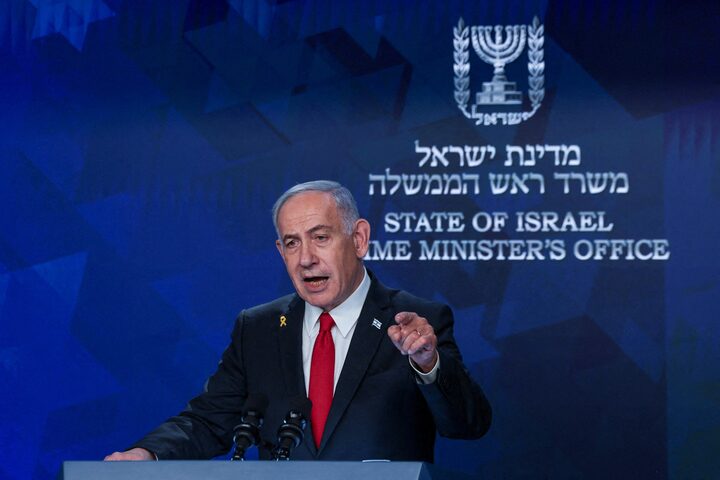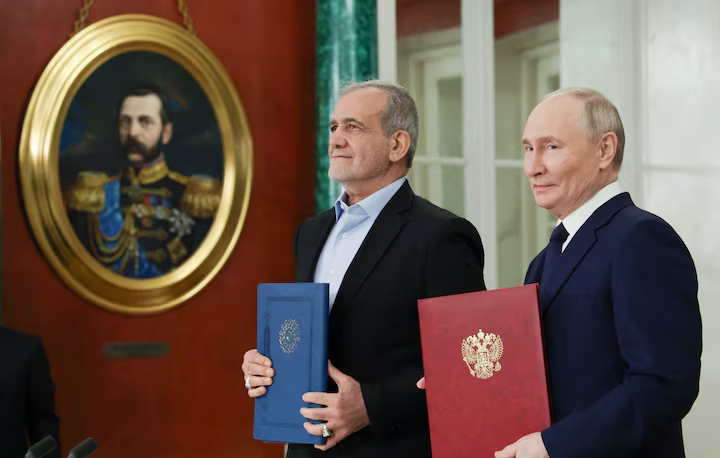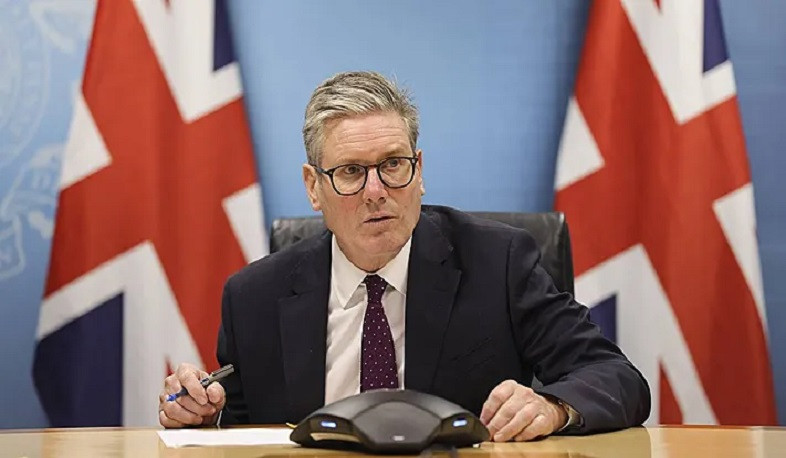Israeli Prime Minister Benjamin Netanyahu on May 23, 2025, lashed out at France, Britain, and Canada, accusing them of emboldening Hamas by criticizing Israel’s military actions in Gaza. The remarks come after all three countries issued strong statements warning Israel against escalating its offensive in Rafah, citing humanitarian concerns and growing civilian casualties.
Netanyahu, in a fiery social media post, argued that by condemning Israel’s military operations rather than Hamas’s attacks and use of human shields, these Western allies were undermining Israel’s right to defend itself and giving encouragement to the militant group.
“The statements by France, Britain, and Canada… reward Hamas terrorism and deny Israel the basic right of self-defense,” Netanyahu said.
🔥 Diplomatic Rift Deepens
The criticism from Western governments followed recent Israeli airstrikes in southern Gaza, which reportedly killed dozens of civilians. France, the UK, and Canada have each warned Israel to halt its offensive in Rafah, warning that further military escalation would trigger unacceptable humanitarian consequences.
In coordinated language, the three nations said Israel must comply with international law, allow more humanitarian access, and avoid mass displacement of civilians in Gaza’s last refuge.
Netanyahu’s response signals a widening diplomatic rift between Israel and some of its long-time allies, just as international pressure mounts for a ceasefire or negotiated truce.
🇮🇱 Israeli Justification
Israel maintains that its Rafah operation is necessary to eliminate remaining Hamas battalions, destroy smuggling tunnels, and secure the release of Israeli hostages still held in Gaza. The government says Hamas continues to embed itself among civilians, complicating military operations and causing unavoidable collateral damage.
“We are targeting terrorists, not civilians. Hamas’s use of human shields is the true war crime,” said an Israeli Defense Forces (IDF) spokesperson.
Netanyahu and other Israeli leaders have expressed frustration that international criticism fails to account for Hamas’s continued rocket fire and refusal to accept ceasefire terms.
🌍 International Criticism Grows
The clash with France, the UK, and Canada adds to a growing chorus of concern from other European nations, the UN, and human rights groups. The Biden administration has taken a more cautious tone, urging restraint while continuing to support Israel’s right to self-defense.
At the same time, domestic pressure is growing in Western capitals, with activists and lawmakers demanding that governments condition military aid or halt arms sales to Israel until civilian protections are enforced.
“We cannot remain complicit in mass suffering,” said one European MP.
🕊️ Truce Talks and Aid Access
Efforts to broker a ceasefire continue in Doha and Cairo, but talks have stalled over hostage release conditions, Hamas’s survival demands, and Israeli security guarantees. Humanitarian organizations warn that the situation in Gaza is now “beyond catastrophic,” with food, water, and medical aid dangerously limited.
Israel has come under additional criticism for restricting UN agency operations and imposing conditions on cross-border aid deliveries. Netanyahu’s government argues these steps are needed to prevent aid diversion to militants.
What to Watch
- Whether diplomatic pressure from France, UK, and Canada affects Israeli operations
- Updates on ceasefire negotiations mediated by Qatar and Egypt
- Growing calls in the West to reassess military cooperation with Israel
- Israel’s internal political response and Netanyahu’s approval ratings
- Continued civilian impact reports from Rafah and southern Gaza
As Gaza’s humanitarian crisis worsens, Netanyahu’s latest comments reflect a hardened Israeli stance — one that increasingly puts the country at odds with its traditional allies. With war and diplomacy at a crossroads, global consensus remains elusive — and the people of Gaza continue to pay the highest price.
Source; Reuters



